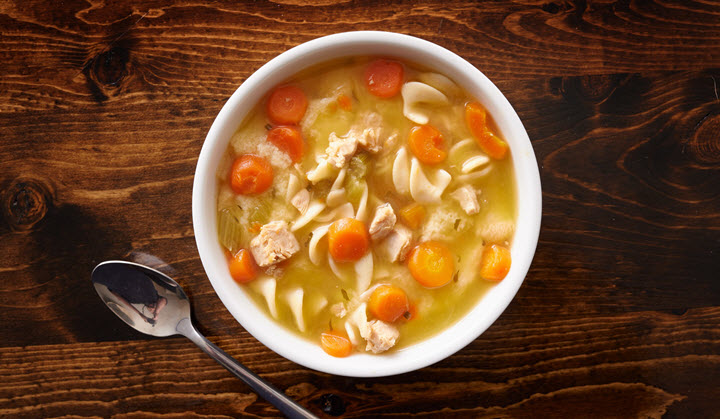Patients with COVID-19-associated acute respiratory distress syndrome who received lung transplants had similar outcomes, compared to transplant patients without COVID-19, according to a Northwestern Medicine study published in JAMA.
The findings demonstrate the viability of lung transplants in patients with COVID-19-associated acute respiratory distress syndrome (ARDS), according to Ankit Bharat, MBBS, the Harold L. and Margaret N. Method Research Professor of Surgery, chief of Thoracic Surgery in the Department of Surgery and senior author of the study. Read the full story.








